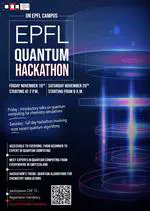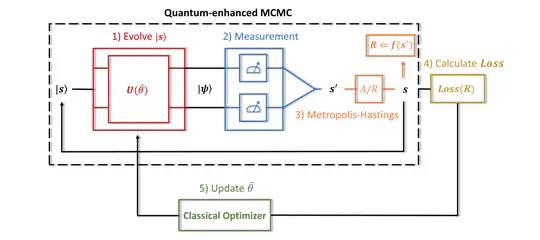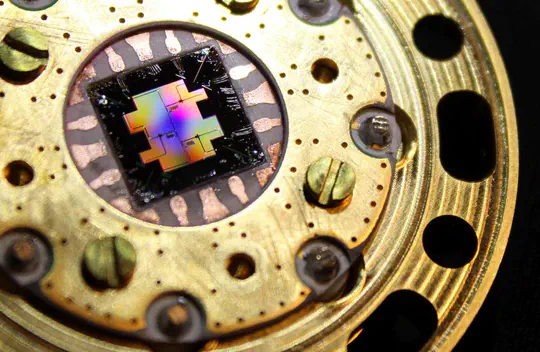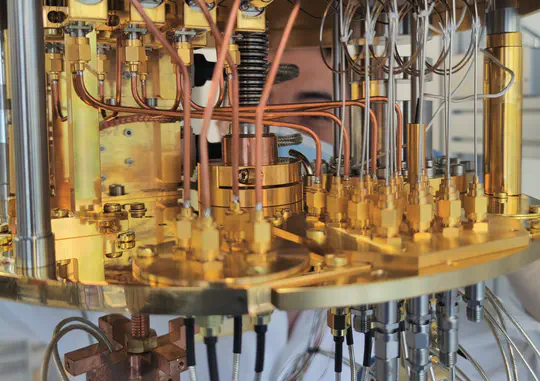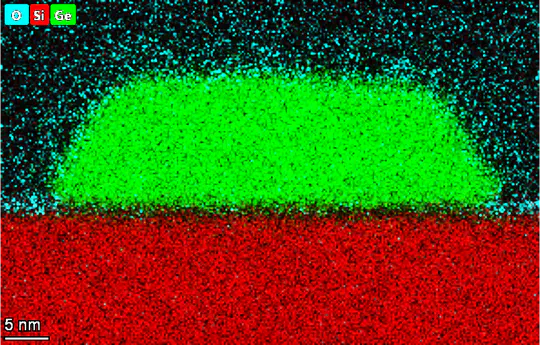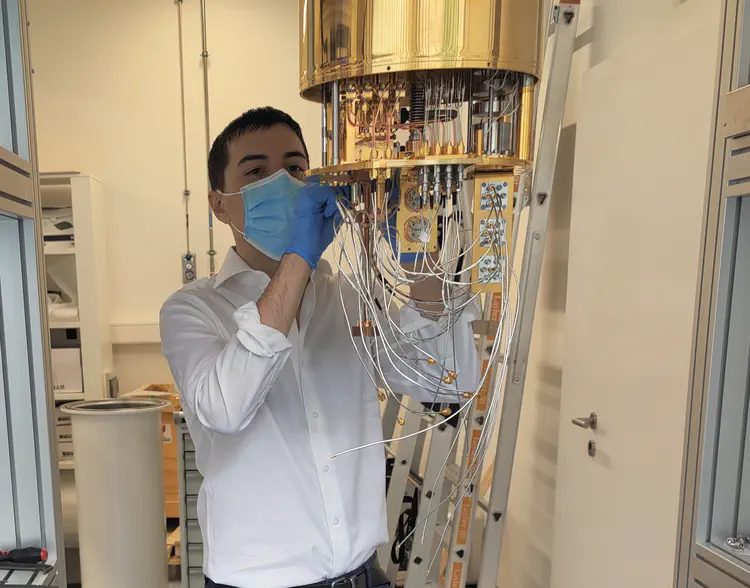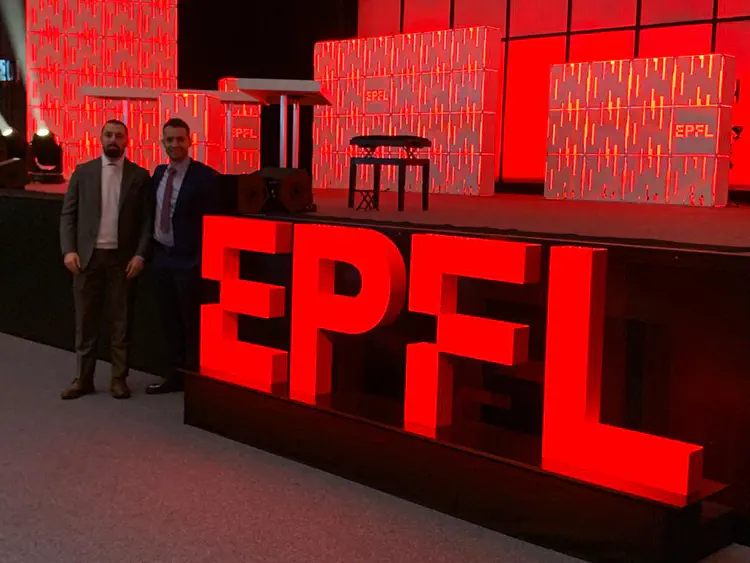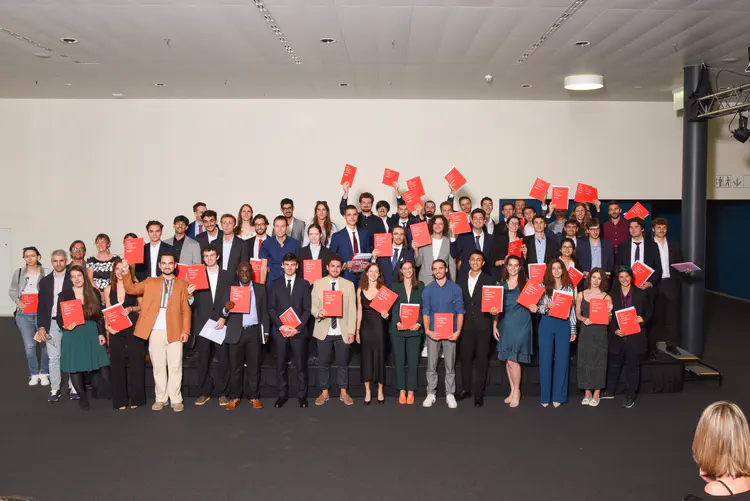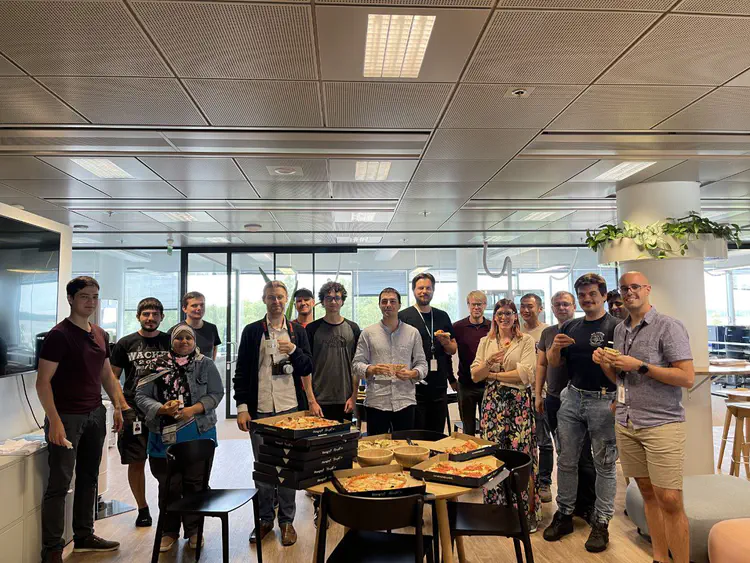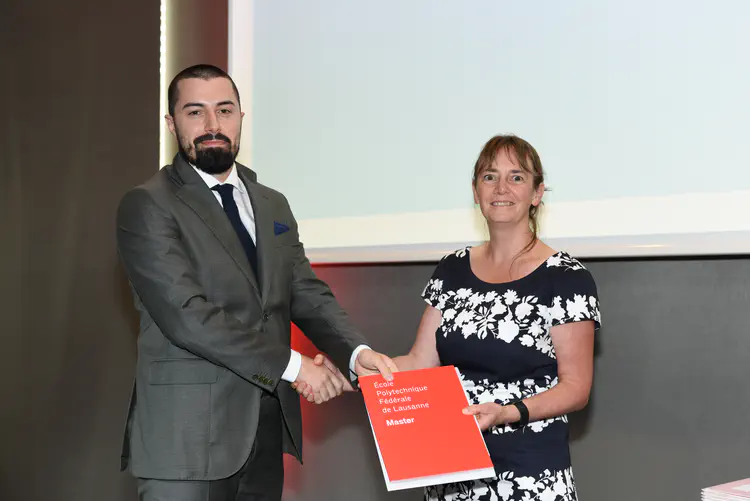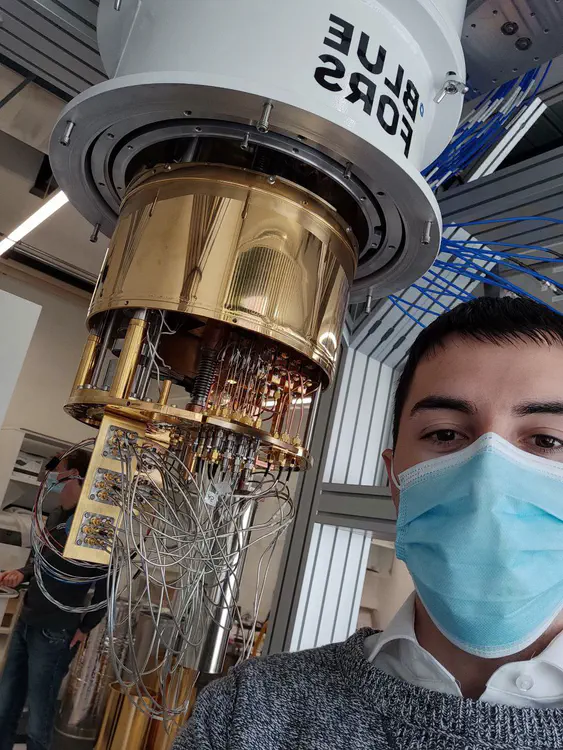Daniele Cucurachi
Computational Physicist
EPFL / University of Cambridge
Hi there!
I am a computational physicist combining expertise in scientific software development and research with a passion for startups and entrepreneurship. My background and interests span a wide range of exciting problems ranging from machine learning to quantum computing. Currently, I am investigating quantum Physics-Informed Neural Networks (PINNs) trainability at Pasqal.
On the side:
- I collaborate as an AdVenture Partner with Scientifica VC, a venture capital firm specializing in deep tech startups. I am responsible for identifying innovative technological projects within universities and research departments, fostering potential investments by Scientifica. Feel free to reach out at daniele.cucurachi@scientificavp.it to discuss interesting projects or ideas.
- I am working on a commentary‑type article for UIS (United Italian Societies) Research Centre, under the supervision of Dr. Enrico Fontana, about key investment trends and recent socio-economic shifts in the evolving quantum industry, as well as the role of quantum technology in global geopolitics.
- I am finalizing a research project in collaboration with the Quantum Information Group (University of Cambridge).
- Algorithms & Complexity
- Machine Learning
- Quantum Computing
Visiting Student, 2023
University of Cambridge (United Kingdom)
MSc in Applied Physics, 2023
EPFL - École Polytechnique Fédérale de Lausanne (Switzerland)
BS in Physics Engineering, 2020
Politecnico di Torino (Italy)
Projects
Quantum-enhanced proposal distributions, defined by parameterized unitaries, showed potential for outperforming classical strategies in proposing effective moves in Monte Carlo Markov chains (MCMC). However, it is crucial to carefully tune the parameters defining these distributions, as they determine the resulting advantage over the classical counterpart. In the present work, we propose a general optimisation algorithm that exploits estimates of the autocorrelation function of a certain observable to optimise the parameters defining the proposal distributions. A Python simulator of the first version of the algorithm is available on my GitHub.
Supervisors: Prof. Crispin Barnes, Prof. Giuseppe Carleo, Dr. Hugo V. Lepage.
Colleagues: Chris Long
During my internship at IQM Quantum Computers, as part of the DAS Team (Design and Simulation Team), I worked on the development of software tools for automating the simulation and design of superconducting Quantum Processing Units (QPUs). A small part of my contributions can be found here (public projects only).
Supervisors: Dr. Alessandro Landra, Dr. Caspar Ockeloen-Korppi
In the present work we aim to optimize the design of a coupled resonator waveguide QED (Quantum Electrodynamics) to obtain flat transmission on a defined frequency range through apodization of the transmission peaks. Apodized coupled resonator waveguides have been used for filtering applications as they operate as band-pass filters. However, in recent years these devices have captivated more interest because of their possible use in slow light applications.
Supervisor: Prof. Pasquale Scarlino
Colleagues: Dr. Vincent Jouanny, Gabriele Libardi
This work aims to investigate which are the best rapid thermal annealing (RTA) parameters for crystallizing Germanium nanowires grown on a patterned Silicon substrate, obtaining optimal crystal quality. This is crucial for utilizing the nanowires to produce fully functioning hole spin qubits.
Supervisor: Prof. Anna Fontcuberta i Morral.
Colleagues: Dr. Santhanu Panikar Ramanandan
Awards
Contact
Hello! You’ve reached this page because you’re interested in contacting me. Thank you for your kind interest! In nearly all instances, it is optimal to contact me via email. Please avoid contacting me via LinkedIn, X (Twitter), or other social networks. I do not find such networks easy for direct communication, and in many cases I check them very rarely.
